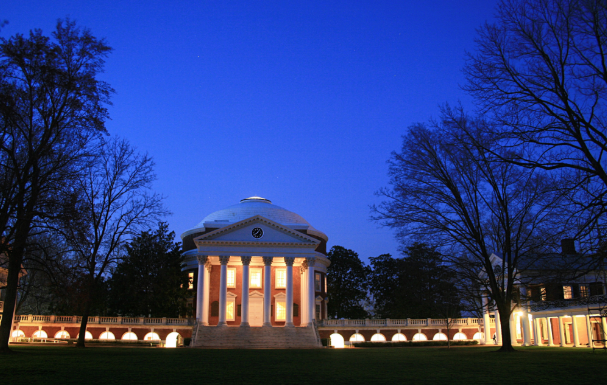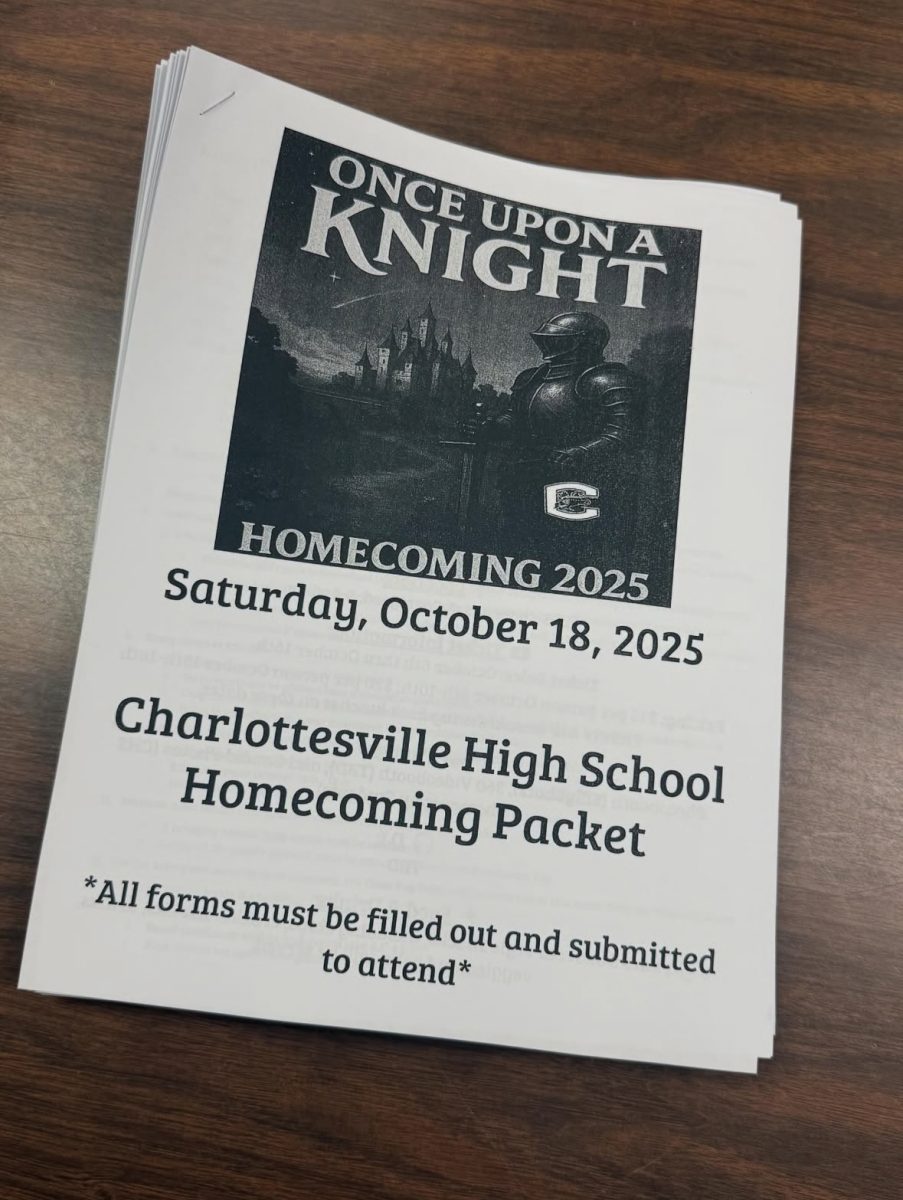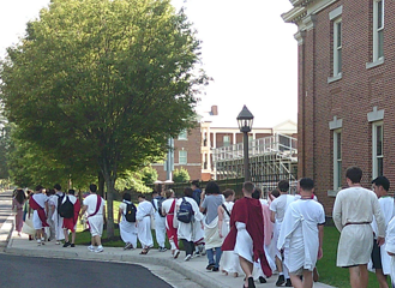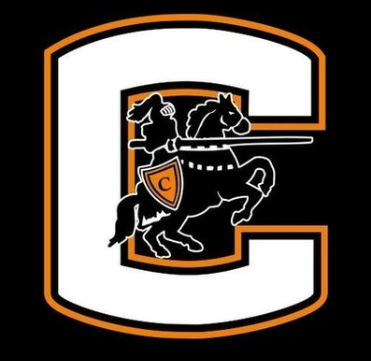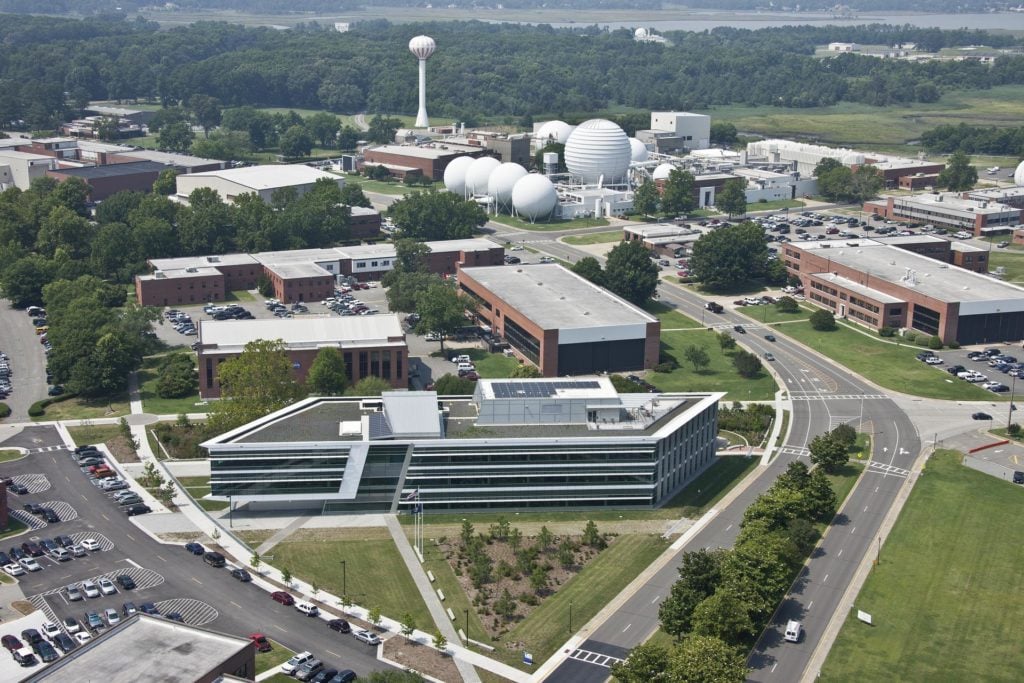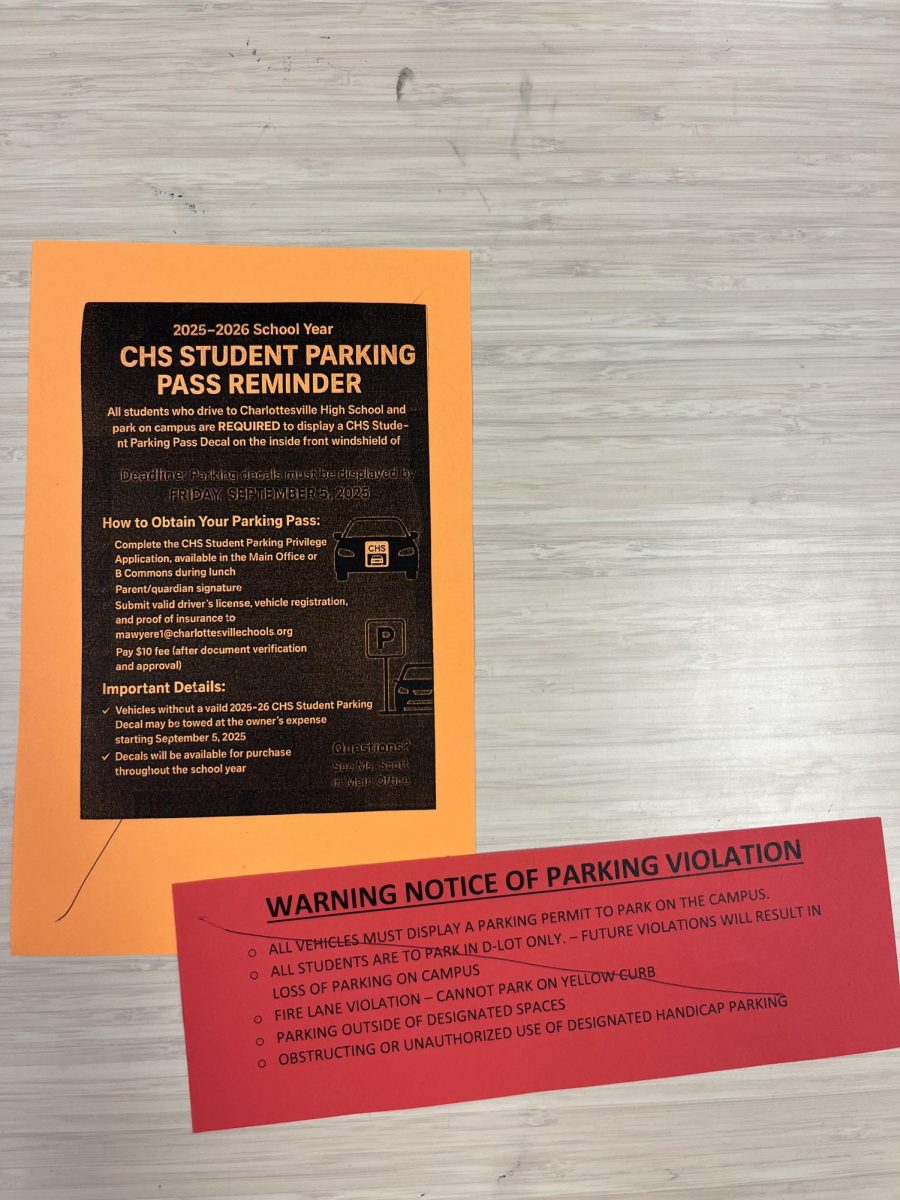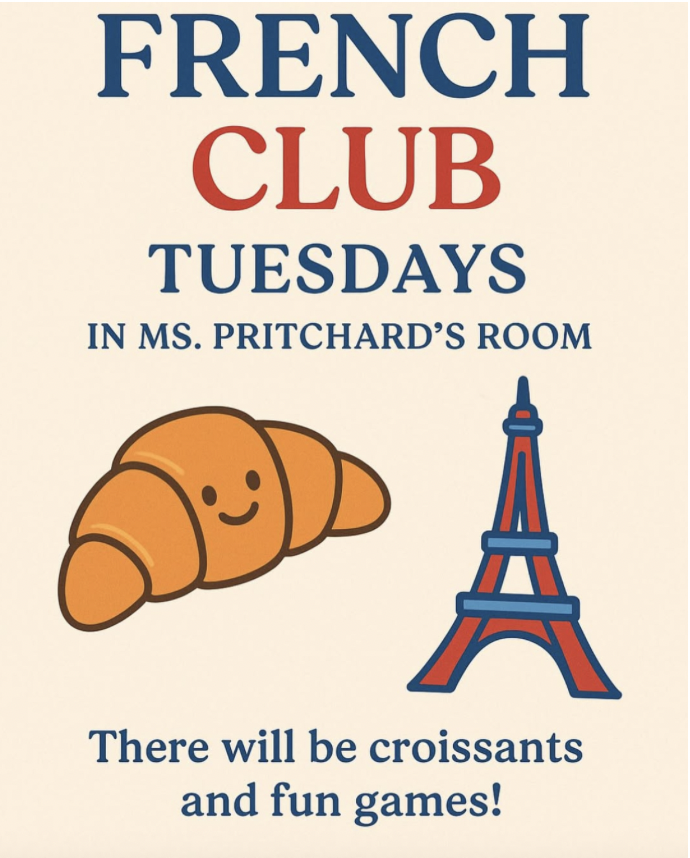Once again, the country’s eyes are on Charlottesville. Over a tumultuous summer at the University of Virginia, former President Jim Ryan resigned from his position. The Department of Justice has accused UVA of unlawful discrimination in its efforts to create a diverse class, and put serious pressure on Dr. Ryan to leave the University. Soon after, a longtime professor at the School of Law, Paul G. Mahoney, was appointed interim UVA president. Mr. Mahoney will lead the University until a new president is chosen by the Board of Visitors, which could take up to a year.
Charlottesville residents have strong, varied opinions about the transfer of power at UVA. “I think education needs to be separate from government,” says Mira Masri, a senior at CHS who served as a Senate page in the Virginia state legislature. “Schools need to be a safe place, and an inclusive place. When you go there, you want to feel included, but when the government’s shut down that option, it’s scary for students.” The changes in political climate at universities has major ramifications for prospective college students like Ms. Masri, who need to take the federal government’s influence into account when deciding where to apply.
UVA isn’t the only university struggling with the Department of Justice. Harvard University, for example, has been locked in a standoff with the Trump administration for several months over their response to student protests. The conflict seriously escalated in May, when the Trump Administration threatened to ban international students at Harvard unless University administrators complied with a list of demands. Columbia University’s president stepped down last year in a similar situation.
Without even taking into consideration the complicated issue of Harvard and Columbia’s student protests, a new trend is clearly emerging. The federal government is now directly intervening at US colleges and universities if they stray from the current administration’s priorities. The New York Times covered the federal interventions, which they say reveal “the unusual lengths the administration would go to shift the ideological tilt of academia.” At the very least, it marks a major change in the freedoms of universities.
UVA faculty are facing major uncertainty right now, especially about their research. A psychology professor, who chose to remain anonymous, explained that the National Institutes of Health and other agencies are reviewing funding for a lot of faculty members at the moment. Those funding reviews mean the difference between business as usual and scrapping a study after eight years of research. Some professors also expressed concern that funding cuts are politically motivated, even if other scientists support the studies.
“Nobody can really rely on funding right now, so the job market in a lot of research fields is terrible,” said the psychology professor. “I have a student who spent four years in undergrad and six years getting her Ph.D., and she’s working at a restaurant right now, because the rug has been pulled out from under her.”
However, law professor Dr. Quinn Curtis doubts that the federal government will get involved in what UVA is allowed to teach. Dr. Curtis, who is also a debate coach at CHS, said, “We generally have a lot of freedom to conduct our classes, so I would be surprised if there are dramatic changes in the classroom.”
UVA students are split over what federal intervention will mean for the future of their school. Some support the elimination of DEI (Diversity, Equity, and Inclusion) initiatives. Many students had serious issues with former President Ryan after his heavy-handed approach to handling student protestors last spring. Some are glad to see him go, but others see his loss as something more. “I am concerned that Ryan’s resignation means that the University has lost its ability to fight back as an institution,” wrote UVA junior Reese Barrett for the Cavalier Daily.
One architecture professor, Dr. Frank Dukes, shares this sentiment about President Ryan. He wrote, “I feel not only abandoned but betrayed as I see my and others’ work [at] UVA being overturned… and this acquiescence will only embolden the administration to make additional demands.”
Other faculty members have more sympathy for the decision. “I think Jim Ryan was put in an impossible position,” said the psychology professor. “Keeping his presidency would’ve jeopardized the jobs of so many other people. He wasn’t in a position to fight.”
Clearly, people who care deeply about UVA and Charlottesville as a whole have very different opinions on what occurred this summer. However, every professor that KTR spoke with hoped that in the future, UVA will maintain its independence as much as possible. “It’s important that the new president understands how important independence and the free exchange of ideas are to the University’s success,” said Dr. Curtis.
Moving forward, the University’s Board of Visitors will be in charge of choosing a new University president. The Board is also fairly political, because the Virginia governor appoints people to serve on it. Governor Youngkin has appointed a very conservative Board, which UVA groups have taken issue with.
Since President Ryan resigned, several campus organizations, such as the Student and Faculty Senates, passed votes of ‘no confidence’ in the Board to show their disapproval. However, the gubernatorial election is only a few months away. Once a new governor is elected, they will appoint new Board members to fill several empty places. party that comes to power in Virginia this year, the Board of Visitors will play a key role in preserving or eroding the University’s autonomy with their choice.
Despite the huge amount of changes at UVA this summer, hopefully the next University president can give the Charlottesville community something to rely on.


